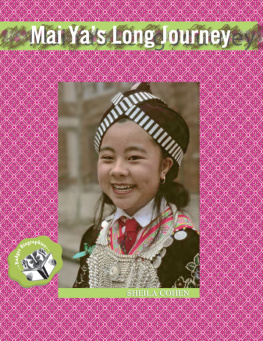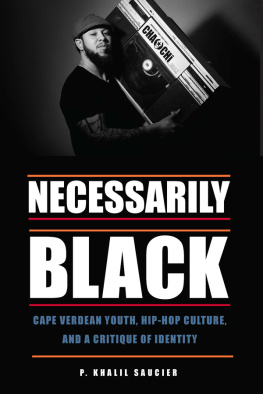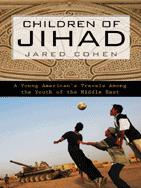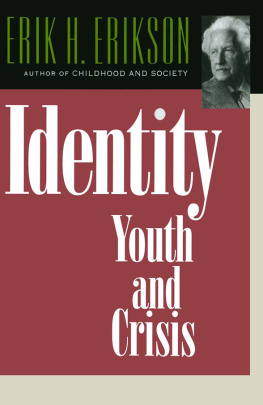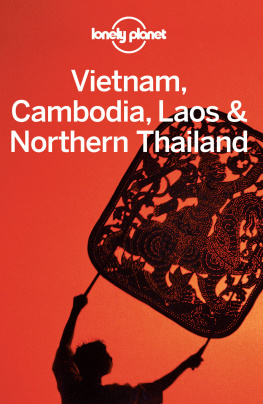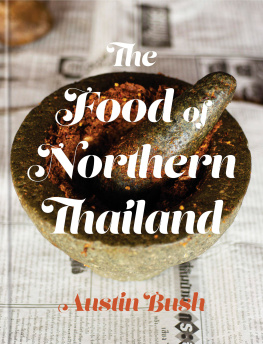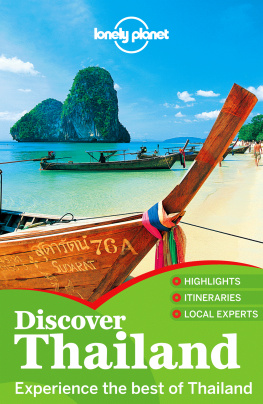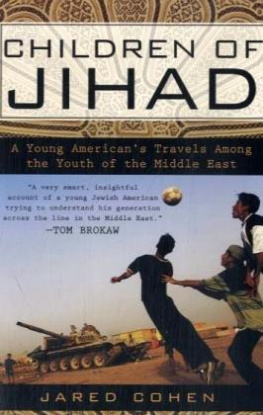Youth Culture and Identity in Northern Thailand
Youth Culture and Identity in Northern Thailand examines how young people in urban Chiang Mai construct an identity at the intersection of global capitalism, state ideologies, and local culture.
Drawing on over 15 years of ethnographic research, the book explores the impact of rapid urbanisation and modernisation on contemporary Thai youth, focusing on conspicuous youth subcultures, drug use (especially methamphetamine use), and violent youth gangs. Anjalee Cohen shows how young Thai people construct a specific youth identity through consumerism and symbolic boundaries in particular through enduring rural/urban distinctions. The suggestion is that the formation of subcultures and deviant youth practices, such as drug use and violence, are not necessarily forms of resistance against the dominant culture, nor a pathological response to dramatic social change, as typically understood in academic and public discourse. Rather, Cohen argues that such practices are attempts to fit in and stick out in an anonymous urban environment.
This volume is relevant to scholars in Thai Studies, Southeast Asian Studies, Anthropology, Sociology, Urban Studies, and Development Studies, particularly those with an interest in youth, drugs, and gangs.
Anjalee Cohen is a Senior Lecturer in the Department of Anthropology at the University of Sydney, Australia.
Routledge Studies in Anthropology
Human Extinction and the Pandemic Imaginary
Christos Lynteris
The Biometric Border World
Technologies, Bodies and Identities on the Move
Karen Fog Olwig, Kristina Grnenberg, Perle Mhl and Anja Simonsen
Amerindian Socio-Cosmologies between the Andes, Amazonia and Mesoamerica
Toward an Anthropological Understanding of the Isthmo-Colombian Area
Edited by Ernst Halbmayer
Surfaces
Transformations of Body, Materials and Earth
Edited by Mike Anusas and Cristin Simonetti
Suckling
Kinship More Fluid
Fadwa El Guindi
Mambila Divination
Framing Questions, Constructing Answers
David Zeitlyn
Youth Culture and Identity in Northern Thailand
Fitting In and Sticking Out
Anjalee Cohen
www.routledge.com/Routledge-Studies-in-Anthropology/book-series/SE0724
Youth Culture and Identity in Northern Thailand
Fitting In and Sticking Out
Anjalee Cohen
First published 2020
by Routledge
2 Park Square, Milton Park, Abingdon, Oxon OX14 4RN
and by Routledge
52 Vanderbilt Avenue, New York, NY 10017
Routledge is an imprint of the Taylor & Francis Group, an informa business
2020 Anjalee Cohen
The right of Anjalee Cohen to be identified as author of this work has been asserted by her in accordance with sections 77 and 78 of the Copyright, Designs and Patents Act 1988.
All rights reserved. No part of this book may be reprinted or reproduced or utilised in any form or by any electronic, mechanical, or other means, now known or hereafter invented, including photocopying and recording, or in any information storage or retrieval system, without permission in writing from the publishers.
Trademark notice: Product or corporate names may be trademarks or registered trademarks, and are used only for identification and explanation without intent to infringe.
British Library Cataloguing-in-Publication Data
A catalogue record for this book is available from the British Library
Library of Congress Cataloging-in-Publication Data
Names: Cohen, Anjalee, author.
Title: Youth culture and identity in northern Thailand : fitting in and sticking out / Anjalee Cohen.
Description: 1 Edition. | New York : Routledge, 2020. |
Series: Routledge studies in anthropology | Includes bibliographical references and index.
Identifiers: LCCN 2019057986 (print) | LCCN 2019057987 (ebook) | ISBN 9780815356615 (hardback) | ISBN 9781351127745 (ebook)
Subjects: LCSH: YouthThailandChiang MaiSocial conditions21st century. | YouthThailandChiang MaiAttitudes. | YouthDrug useThailandChiang Mai. | Social changeThailandChiang Mai. | ThailandChiang MaiSocial life and customs.
Classification: LCC HQ799.T5 C64 2020 (print) | LCC HQ799.T5 (ebook) | DDC 305.23509593dc23
LC record available at https://lccn.loc.gov/2019057986
LC ebook record available at https://lccn.loc.gov/2019057987
ISBN: 978-0-8153-5661-5 (hbk)
ISBN: 978-1-351-12774-5 (ebk)
Typeset in Times New Roman
by codeMantra
To Mum and Dad
with love and gratitude
Various people have contributed to and facilitated the writing of this book. I am indebted to all the young Thai people who allowed me into their lives, for their narratives, warm hospitality, and friendship during various phases of fieldwork. These include members, patients and staff from drug treatment and youth centres, and various members of the NDR (No Drug Rule) gang, in particular their mentor and advisor Laddawan Chaininphun, more affectionately known as Grandma Elle. I am equally thankful to the numerous youth of Chiang Mai who I came to know intimately along the way, especially Koong and Khae.
I am particularly grateful to those who provided incisive comments and sound advice during the early stages of my research and writing including Paul Cohen, Chris Lyttleton, Kirsten Bell, Apinun Aramrattana, Chayan Vaddhanaphuti and to some well-informed anonymous reviewers for their meticulous feedback and suggestions for improvement. Additionally, I would like to thank Thapin Phatcharanurak for her generous assistance, as well as my enthusiastic research assistants, Tenley Gillmore and Sukunya Pornsopakul. I appreciate the collegial support, encouragement, and advice from members of the Department of Anthropology at the University of Sydney, especially Robbie Peters and Linda Connor.
I would also like to acknowledge the institutions that offered material and institutional support for my research. This book originally developed out of my PhD research which was supported by an Australian Postgraduate Award and funds from Macquarie University. The research was carried out with the permission of the National Research Council of Thailand. Later stages of the research were funded by the School of Social and Political Sciences and the Sydney Southeast Asia Centre at the University of Sydney.
Finally, I am deeply grateful to my father, Paul, for his guidance and unwavering support and for persuading me to write this book. I am also indebted to my mother, Julai, not only for enabling me to complete this book by helping to care for my children during their pre-school years, but also providing the backdrop to this study. My parents met in the late 1960s while my father was doing his PhD fieldwork in my mothers small village town in northern Thailand. They have inspired my long-standing interest and research in Chiang Mai. I would also like to thank my dear husband, Christian, for his forbearance and constant support.
first appeared in



